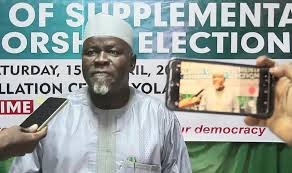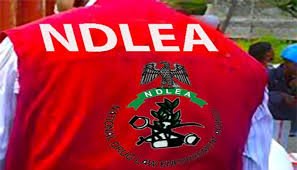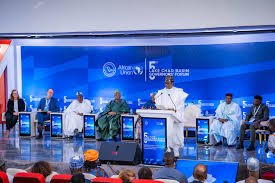It’s been 38 years since the execution of Major general Mamman Vatsa by the then military regime of General Ibrahim Babangida, yet the wounds are still fresh, according to the Vatsa family.
The family have reiterated their calls on the federal government to investigate the trial and execution of their kinsman in an alleged coup plot in 1986.
Vatsa, who was a former Minister of the Federal Capital Territory (FCT), was executed along with nine other military officers on March 5, 1986, by the Babangida’s regime. He was accused of plotting a coup to overthrow the military dictator, a charge he denied until his death.
The call by Vatsa’s family is coming a day after a Federal High Court sitting in Abuja ordered the federal government to revisit the case of the brutal murder of a journalist and founder of Newswatch Magazine, Dele Giwa, and other journalists, who were killed during Babangida’s regime.
Vatsa’s younger brother, and a former Commissioner for Information, Culture, and Tourism in Niger State, Jonathan Vatsa, said the court’s order on Giwa’s case has given the family hope that justice can still be done for their brother and the nine other officers.
“It’s time to revisit my brother’s case,” Vatsa stated during an interview with journalists on Saturday, February 17, in Minna, Niger State capital.
“We believe that our brother is innocent of the coup allegation, it was a frame-up”.
He added that if his brother is eventually exonerated, the family will demand that his body be exhumed for “proper and befitting burial. We know that he cannot come back to life but let the whole know the truth about his killing.”
The execution of Major-General Vatsa and Giwa all happened in 1986 under the regime of Babangida, “so, if justice must be done to one, it should be done to all,” he said, adding that the execution of their brother still tortures the minds of not only the immediate family but the entire Gulu Vatsa community, “because he was the light of the people.”
The case of Vatsa and the nine other officers is one of the many unresolved cases of human rights violations and abuses that occurred during the military regimes in Nigeria. The families of the victims have been crying for justice and closure for decades, but their pleas have fallen on deaf ears.
Giwa was killed by a letter bomb in his Lagos home on October 19, 1986, after he published a series of critical reports on Babangida’s regime. His killers have never been brought to book.
The recent order by the Federal High Court to reopen the investigation and prosecution of those responsible for Giwa’s murder is a welcome development that could pave the way for justice and accountability for the victims and their families. It could also serve as a deterrent to future perpetrators of such heinous crimes.
However, the order alone is not enough to guarantee justice and closure. The federal government must show the political will and the commitment to implement the order and ensure that the culprits are identified and prosecuted.
The federal government must also extend the same gesture to the case of Vatsa and the nine other officers, and other cases of human rights violations and abuses that occurred during the military regimes.
























